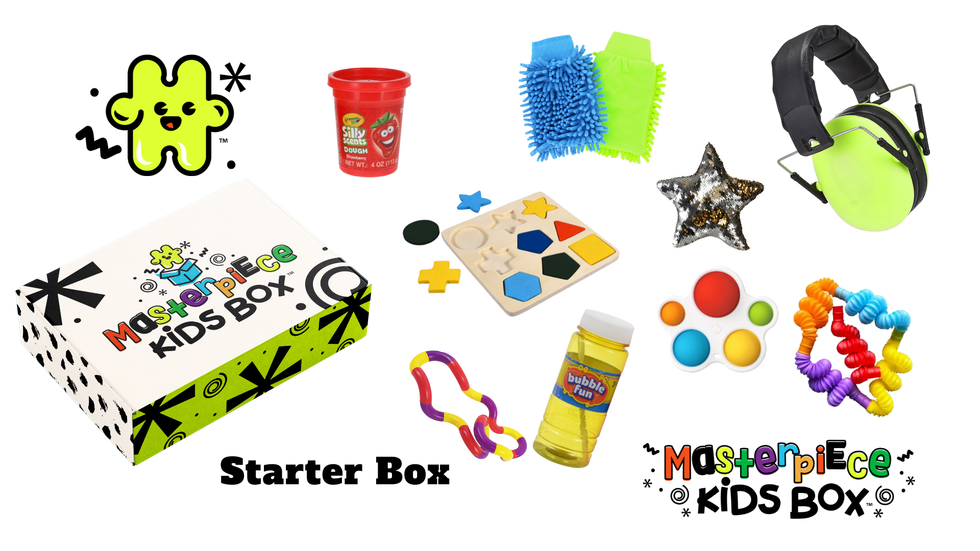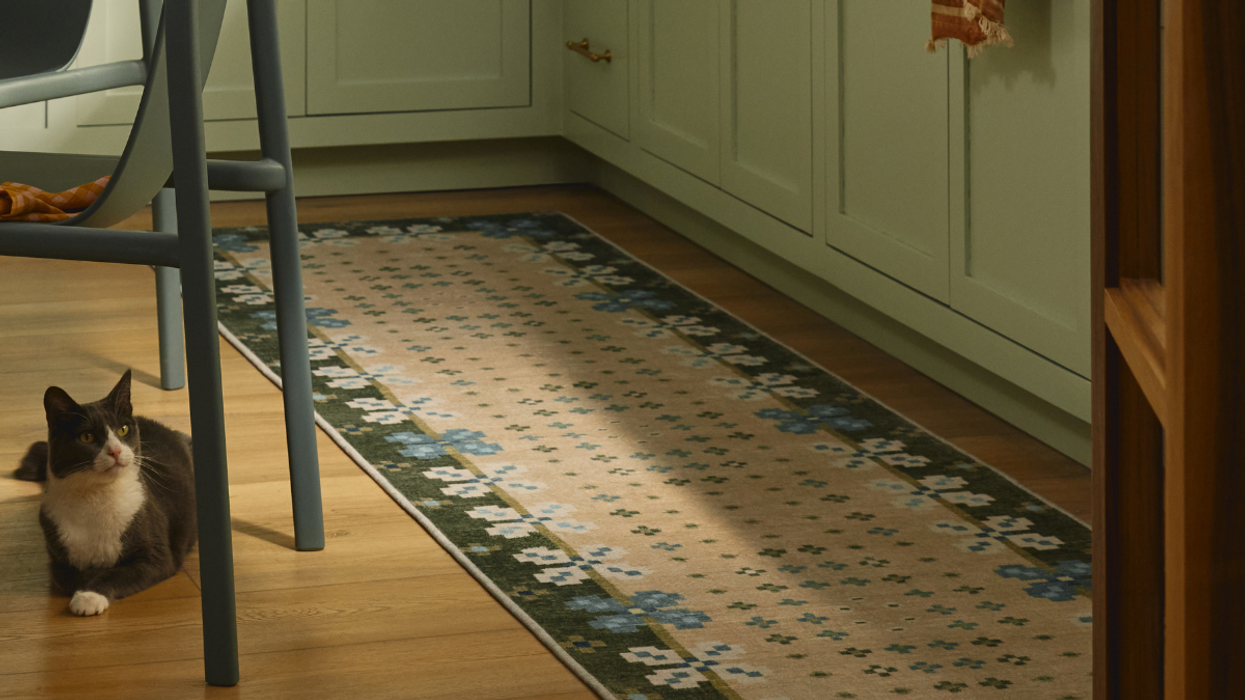How do you know if your idea is a good one?
Spotting Opportunities & How To Identify Your Big Idea

Theresa Gonzalez is a content creator based in San Francisco and the author of Sunday Sews. She's a lover of all things design and spends most of her days raising her daughter Matilda.
In our new series, Selfmade U, we’ll tackle the most common questions and pain points that come up for business owners with tips and tricks from Selfmade, a virtual business coaching program, led by Brit + Co founder Brit Morin and sponsored by Office Depot OfficeMax. We’ll hear from Selfmade alum, business coaches, and Brit herself on what it takes to run a successful business and make it as an entrepreneur.
Many people have a great business idea, but whether it has potential to be a successful venture is always unknown–unless you take the leap. But how do you know if your idea is a good one? “The number one question to ask yourself before launching a business is: ‘What problem does my customer *need* solved?,” said Brit Morin during her Selfmade workshop on Defining Your Idea. “I’ve often seen people trying to solve their own problems without fully thinking about the whole audience,” she added.
Domeanic Carter-Banks, a photographer and creative, was waiting in the playroom of a car dealership when her 3-year-old daughter, who was diagnosed with non-verbal autism, became frustrated and irritable. “There were no appropriate sensory toys to hold her focus and attention,” says Domeanic. “I wished there was something I could leave behind to help other autistic children and their parents.”Domeanic wrote her idea for a sensory toy company in her sketchbook but it wasn’t until months later that she learned about Selfmade. She applied for an Office Depot OfficeMax scholarship to the program to get feedback on whether she had a good idea and help get it off the ground. That’s when her idea started to turn into reality.
“The scholarship to Selfmade helped me to push myself and go deeper below the surface level of the idea,” says Domeanic. Through live workshops with business coaches, one-on-one mentoring and group chats with other entrepreneurs like her, Domeanic was able to hone in on her idea.
“After the Selfmade pitch competition, Brit said something very pivotal to me, ‘You’re thinking too small, think bigger.’ I took that as a divine directive. It literally made me think outside of the box,” says Domeanic, who is now founder of Masterpiece Kids Box, a curated quarterly subscription box for children with autism that encourages sensory and discovery play and helps to teach and encourage speech. (Toys can be purchased a la carte too). “Through Selfmade, I’ve learned how to properly execute my idea and take it from ideation to evolving it into an actual business,” says Domeanic.
Have a great business idea? Here are ways to spot opportunities and know if your idea will take off:
- Know Your Customer. In her Selfmade workshop, Brit encourages entrepreneurs to Interview people in their target market and research demographics, psychographics, and spending power. “Think about what they need vs. what you need,” she says. While those may be the same thing, you’ll likely find surprises along the way of what problem your user needs solved. “Initially, I wanted to target autistic children as a whole, then I niched down to 2 - 4 year olds who struggled with speech and sensory like my daughter. I felt I could build from a place of experience in an authentic way,” says Domeanic. Through Office Depot OfficeMax, Domeanica was able to experiment with products that support her daughter and other kids with autism. “Office Depot OfficeMax has truly been a big help in my business and Elani’s non-verbal autistic journey,” she says. “I purchased a tablet that helps her learn through fun apps to help her motor skills and speech. The large selection of art and play products have also helped Elani, especially on the days that are not so good.”
- Find Your Why. Ikigai is a Japanese concept meaning a reason for being and is a visual way to determine your purpose. Do you want to be a curator, a creator, a teacher, a connector? “Can your passion be something people will pay you for and also serves a unique need?” asks Brit. Determine why the world needs it and whether they would pay for it, and always come back to your why when making decisions about your business.
- Add A Twist. You can have a great solution to a problem but are you the only company to do this? How do you differentiate yourself? Brainstorm three ideas that would help you solve this problem in the world while connecting to your why and you may find something totally unique to you.
- Identify Your Opportunity. What is the dollar opportunity behind your idea? Can your idea be stronger? “Cost and quality are basic ways to think about differentiation,” says Brit. The toy brand Melissa and Doug, for example, offers great quality toys at a reasonable cost for most families, which has been part of their success.
- Create Your Elevator Pitch. An elevator pitch should include your why, your solution, and the problem it solves in 1 to 3 sentences that you can say in under 30 seconds. Your elevator pitch helps you to clearly communicate to anyone, potential customers, investors, and business partners what you do and what differentiates your offering. It can be a great way to hone in on your big idea.
“My advice to busy moms with an idea is to do what you can in small leaps if you can’t make the big one just yet,” says Domeanic. “The Office Depot scholarship to Selfmade has truly helped me gain knowledge, exposed me to amazing business relationships, and has helped build my confidence that I am worthy to walk in rooms and sit at tables I never knew I could,” says Domeanic.
Illustration by Daniela Jordan-Villaveces
Find more business hacks in our !
Knowing your WHY is the key to identifying your big idea. Office Depot OfficeMax can help you organize & save time with a suite of business services & solutions to help you accomplish more. Make a good first impression with business cards & build the business pitch of your dreams with custom presentations. With Office Depot OfficeMax it’s never been easier to think big.






















